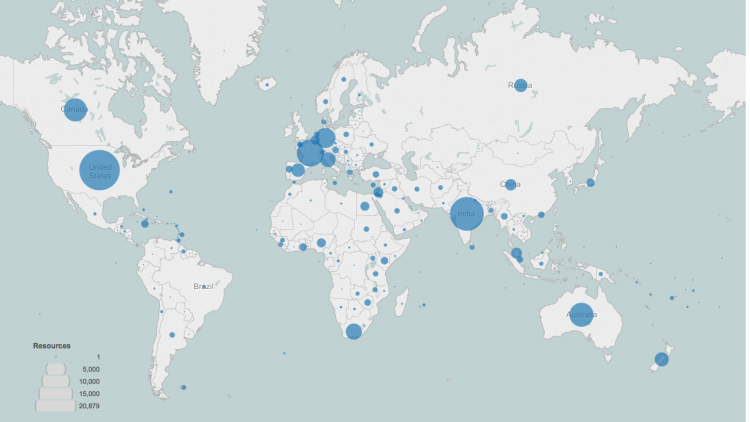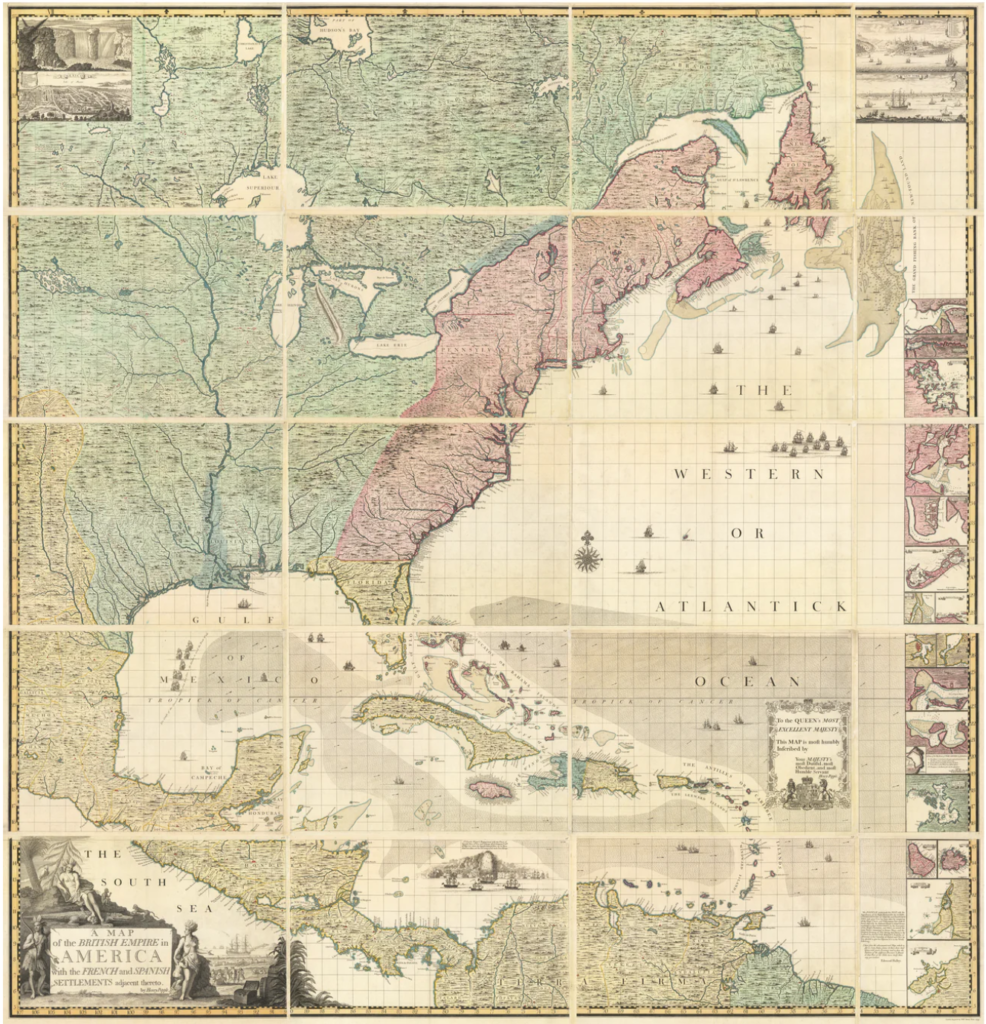In this blog post we meet Tristan Griffin, recently appointed as the Bibliography of British and Irish History (BBIH) section editor for Empire and Commonwealth, prior to 1783.
My name is Tristan Griffin, in 2021 I graduated with a Ph.D. from the University of Cambridge and now I am one of the Bibliography of British and Irish History’s (BBIH) new section editors. My role at the BBIH is editing the ‘Empire and Commonwealth, prior to 1783.’ My M.Phil., Ph.D. and—hopefully!—postdoctoral research focuses on the Wars of the Three Kingdoms/British Civil Wars of the mid-17th century, commonly—if misleadingly—called the English Civil War. That particularly common name for the conflict is wildly misleading, as it neglects the close links between the conflicts in and between Scotland, Ireland, and England—and often seems to forget Wales completely. However, in recent decades historians—including me—have worked on challenging this interpretation, and the Bibliography of British and Irish History is a vital tool for this kind of work.

Simply put, the BBIH provides details for a vast amount of historical writing covering Great Britain, Ireland, the Crown Dependencies of the Isle of Man and the Channel Islands, and the wider former British Empire/current Commonwealth of Nations, all in a fully online searchable database available for scholars and interested members of the public. Unlike commonly used search engines or public wikis—I’m looking at you Google and Wikipedia—the BBIH is explicitly built as a tool for historical research. In practical terms this means that the algorithms prioritise primary and secondary source relevance and importance—as opposed to advertising revenue or optimising the number of hits. In addition, without sounding entirely too pompously self-congratulatory, the BBIH is reviewed by historians with lots of fancy letters after their names. This helps to ensure that its information is robust, reliable, informative, and, above all, useful to interested scholars.
Furthermore, the database has a wide variety of tools which allow the user to tailor their search. To give an admittedly grim example, during my doctoral project, I found myself working on the phenomenon of siege famine—starvation in besieged castles and cities. I wanted to know about the presence of studies of starvation in the collective historical writings of the period. Using the BBIH I was able to quickly and easily identify not only how many works I would have to read—but also their place and date of publication and specific subject within my overall search term. This meant I could swiftly gain a clear understanding of the place of famine studies in early modern British and Irish history, and situate my own research accordingly. Currently, I am looking for work following graduation from my Ph.D. project, as well as continuing to write papers and articles to submit for publication; for both, the BBIH is invaluable. It is a vast, reliable research tool that I can use to quickly familiarise myself with a new subject—without spending days trawling through the indexes and bibliographies of dozens of new books.

Finally, on a personal note, the process of being a section editor exposes me to a wide range of works with which I was previously unfamiliar. As the section editor for ‘Empire and Commonwealth, prior to 1783’, I check the details of dozens of articles and books on subjects ranging from colonial North America to the East India Company. While often I am reviewing sources far removed from my principal subject of interest, I have found myself reading—out of sheer curiosity—articles including Quaker history, English colonists’ perspectives on Native American dogs, early modern gardens in the colonial context and, naturally, witches. In addition to being a worthy exercise in and of itself—and a lot of fun—this helps to broaden my perspective on early modern history beyond the narrow confines of my specialism.
In short—the BBIH was extremely useful to me during my own studies and I am delighted to have the opportunity to give something back to the bibliography so it can continue useful to others.
The post Meet Dr Tristan Griffin, new BBIH section editor for Empire and Commonwealth to 1783 appeared first on On History.